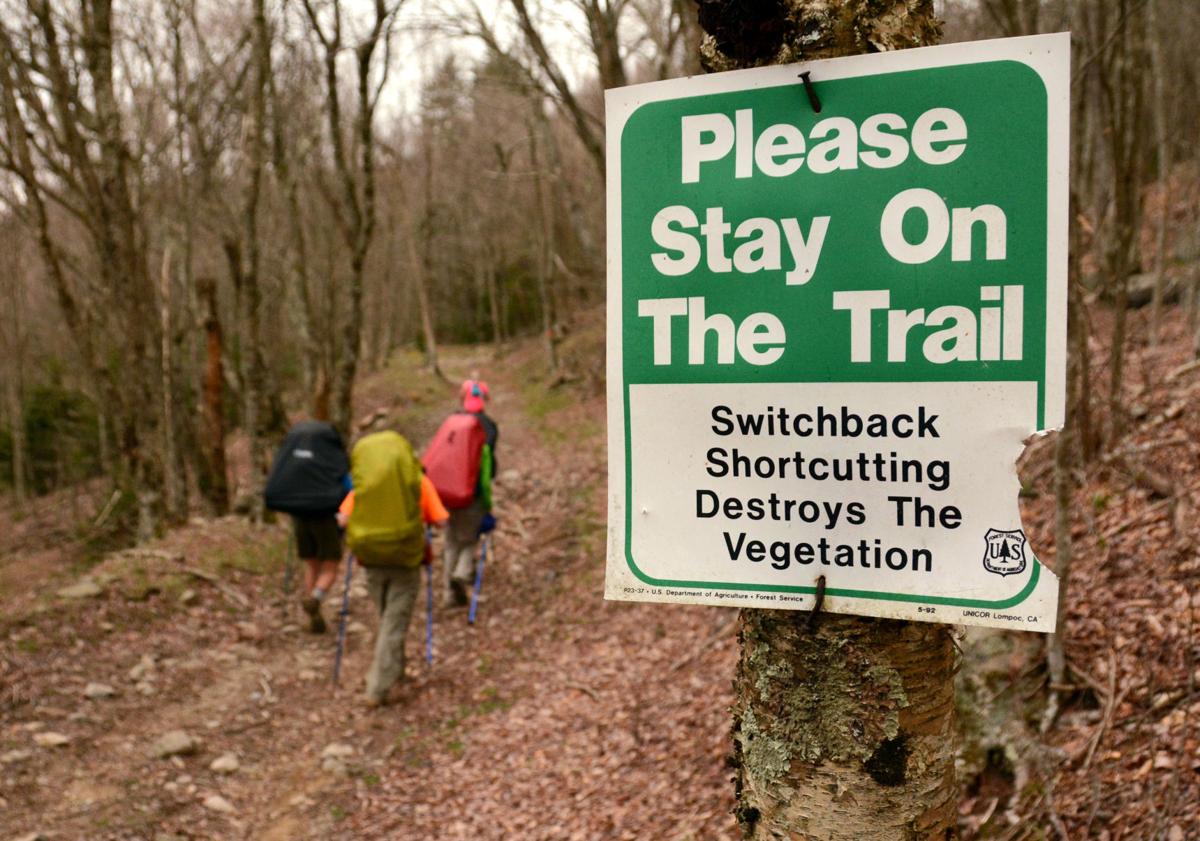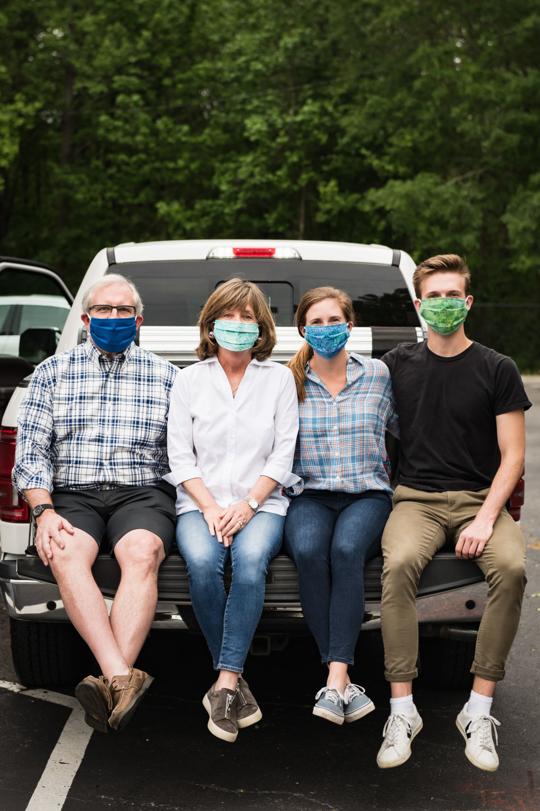
Leave No Trace promotes responsible use of nature
Article Published by: journalnow.com
If you have spent any time in the outdoors you have come across some of the eyesores.
Fall means long lines of vehicles at local parks to check out some of the favorite leaf-peeping spot.
There are initials carved on trees, dunes or hillsides that have been cut by hikers straying off of established paths and trash in waterways or discarded on trail sides and left for others to clean up.
And then there are the campers and hikers who play music through speakers, breaking the silence or sounds of nature you sought in the outdoors.
The Leave No Trace Center for Outdoor Ethics is working to educate the population on creating an enjoyable experience for all who love the outdoors. And this year the organization is celebrating its 25th anniversary.
The Leave No Trace movement was born in the 1970s when federal land management agencies — U.S Forest Service, National Park Service and Bureau of Land Management — created a brochure “Leave No Trace Land Ethics”.
In 1993 the Outdoor Recreation Summit was held in Washington, D.C., bringing together land management agencies, NGOs and members of the outdoor industry to form an independent, non-profit organization and further extend the mission and a year later the Leave No Trace Center for Outdoor Ethics was incorporated.
“The overarching goal of Leave No Trace is to engage, educate and inspire people to protect the outdoors,” said Susy Alkaitis, deputy director of the Leave No Trace Center for Outdoor Ethics.
“Through our research we have found that a majority of the population is not equipped with outdoor education skills needed to protect the outdoors. We are trying to flip that.”
Through an online poll, the organization identifies up to 20 annual Hot Spots that “are being loved to death” for intensive rehabilitation and education. Carolina Beach State Park, home of the endangered Venus Fly Trap and pitcher plants, and Virginia’s McAfee Knob on the Appalachian Trail were previous Hot Spots in our region. Paris Mountain State Park in Greenville, S.C., and Panthertown Valley, N.C., have been selected as 2020 Hot Spots.
Another way Leave No Trace furthers education of outdoor ethics is through courses and workshops.
“The Leave No Trace Trainer course is my favorite,” Alkaitis said.
The two-day backcountry course is sort of “preaching to the choir,” she said, but it provides field-based skills to anyone who wants to know more about outdoor ethics. A five-day Master Educator class is offered for land managers and those who work in outdoor education. Awareness Workshops can last anywhere from an hour-long “brown bag lunch” to a day.
Subaru sponsors four teams of traveling trainers who conduct outreach and training programs across the country.
“We try to meet people where they are, and that is often on public lands,” Alkaitis said.
“It’s not that we don’t want people to go outdoors,” Alkaitis said. “We believe that when people go outdoors they become stewards. We need their help and support to minimize the impact.”
About Scott Livengood
Scott Livengood is the owner and CEO of Dewey’s Bakery, Inc., a commercial wholesale bakery with a respected national brand of ultra premium cookies and crackers.
Previously, Scott worked at Krispy Kreme Doughnuts for 27 years, starting as a trainee in 1977. He was appointed President of the company in 1992, then CEO and Chairman of the Board.
Scott has served on numerous boards including the Carter Center, the Calloway School of Business and the Babcock School of Management, Habitat for Humanity of Forsyth County, and the Winston-Salem Chamber of Commerce.
He started a new business, StoryWork International, in 2016 with Richard Stone. The signature achievement to date is LivingStories, a story-based program for improved patient experiences and outcomes in partnership with Novant Health.




